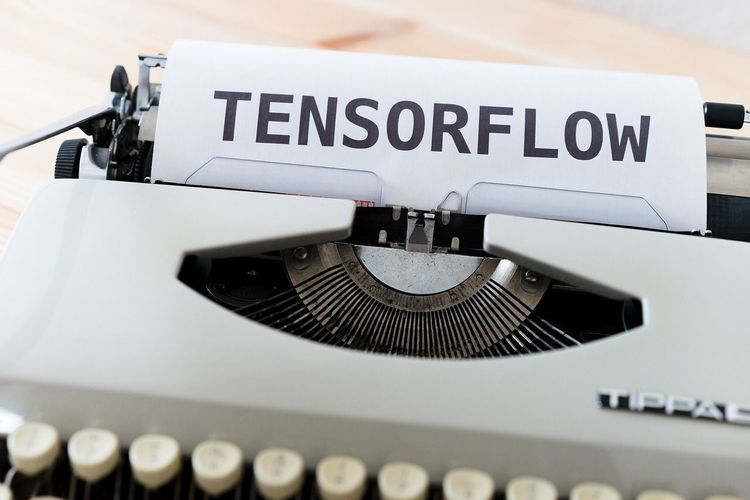Meta Platforms Expands into AI Image Generation
Meta Platforms, the parent company of Facebook, Instagram, and WhatsApp — as well as the creator of the leading open-source large language model, Llama 2 — is enhancing its presence in the text-to-image AI generator space.
To clarify, Meta previously launched a text-to-image and text-to-sticker generator within Facebook and Instagram Messengers earlier this year. This week, however, the company has introduced a standalone text-to-image AI generator called “Imagine,” accessible outside of its messaging platforms.
You can start generating images by visiting imagine.meta.com. Users will need to log in using their Meta, Facebook, or Instagram accounts; I attempted to log in with Facebook, which required me to create a new “Meta account,” but the process was straightforward.
Mixed Early Reactions
AI artists are currently experimenting with Meta Imagine to create high-quality images rapidly. Some users have compared it to other popular AI image generators such as Midjourney, Stable Diffusion, and OpenAI’s DALL-E 3. Initial assessments, however, reveal that Imagine sporadically produces realistic human figures and structures. Users have reported frequent glitches, such as distorted body parts and landscapes.
The interface of Imagine is minimalistic, featuring a simple prompt field and four generated images for download. Unlike its messaging apps, there is currently no option to remix images. Users cannot resize images beyond a 1:1 aspect ratio; attempts to enter different ratios in the prompt resulted in unchanged outputs.
Each image generated includes a watermark in the lower right corner indicating “Imagine” along with a logo. A Meta spokesperson indicated that an invisible watermark will be added soon to enhance transparency and traceability of AI-generated images. Despite these limitations, Meta aims to provide a functional free alternative to existing AI art generators, many of which require subscriptions.
Powered by Extensive Training Data
Imagine operates on Meta’s AI model, Emu, trained on 1.1 billion user-generated photos from Facebook and Instagram. Meta has confirmed that private messages and non-public images were not included in its training data. As rival AI art generators face scrutiny and lawsuits for copyright infringement, Meta's strategy of utilizing its own user data appears both prudent and ethical, though it does raise questions about consent from the users who posted these images.
Meta’s researchers emphasized that quality tuning for Emu was achieved with a relatively small dataset of high-quality images and associated text, significantly enhancing the aesthetics of generated images without sacrificing the model's versatility.
Interestingly, despite Meta's vocal support for open-source AI, neither Emu nor the Imagine service is currently open-source. We have reached out to the company for clarification on this matter and will provide updates when available.
The rollout of Imagine is part of a broader series of updates across Meta's platforms, introducing new AI-enabled features such as a “reimagine” function that allows users to create new images based on text prompts within Facebook Messenger and Instagram messages.







